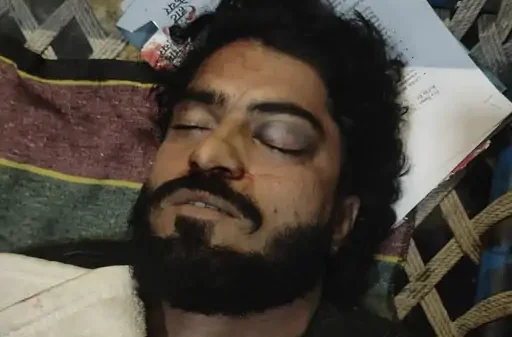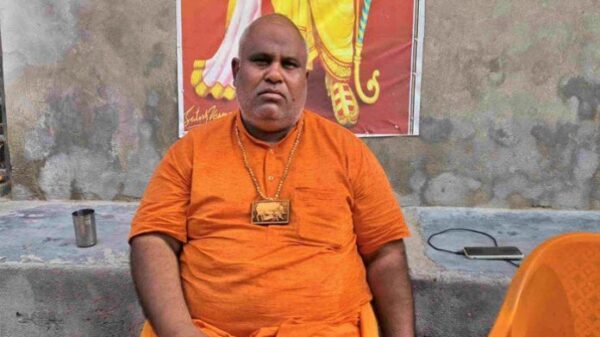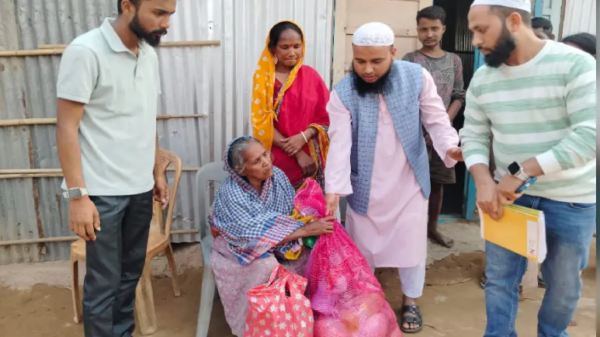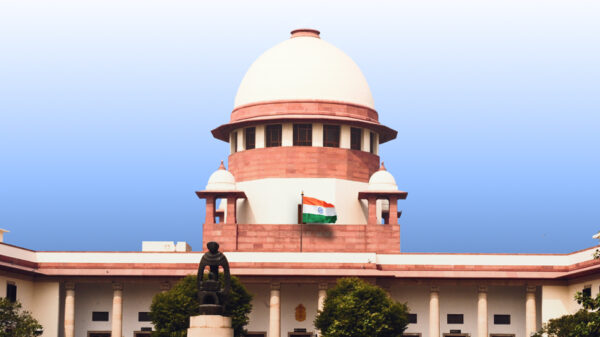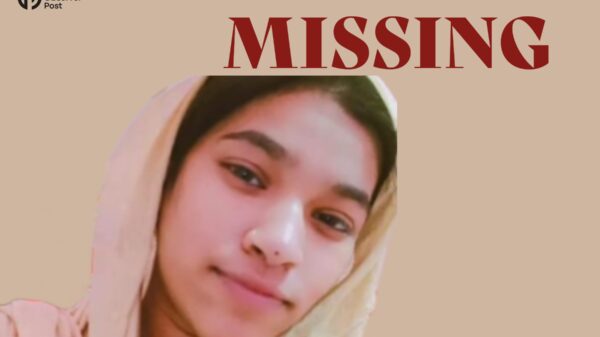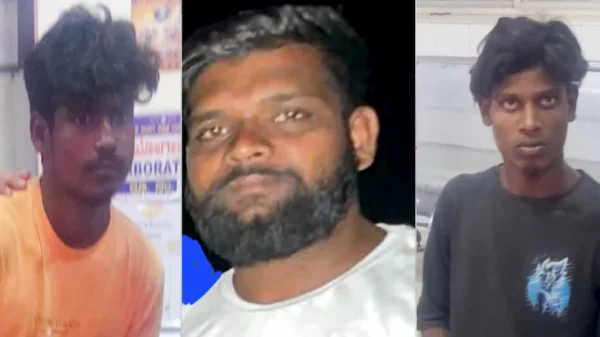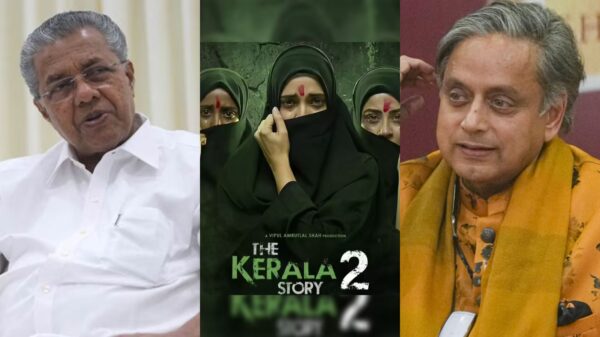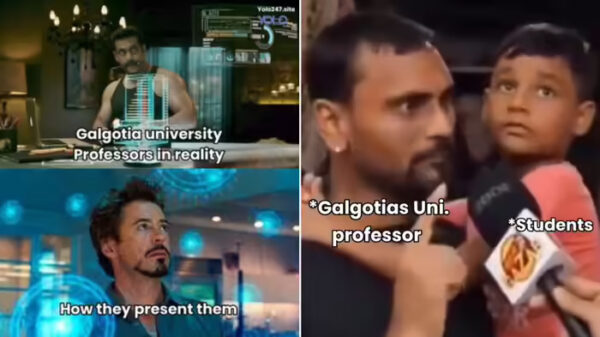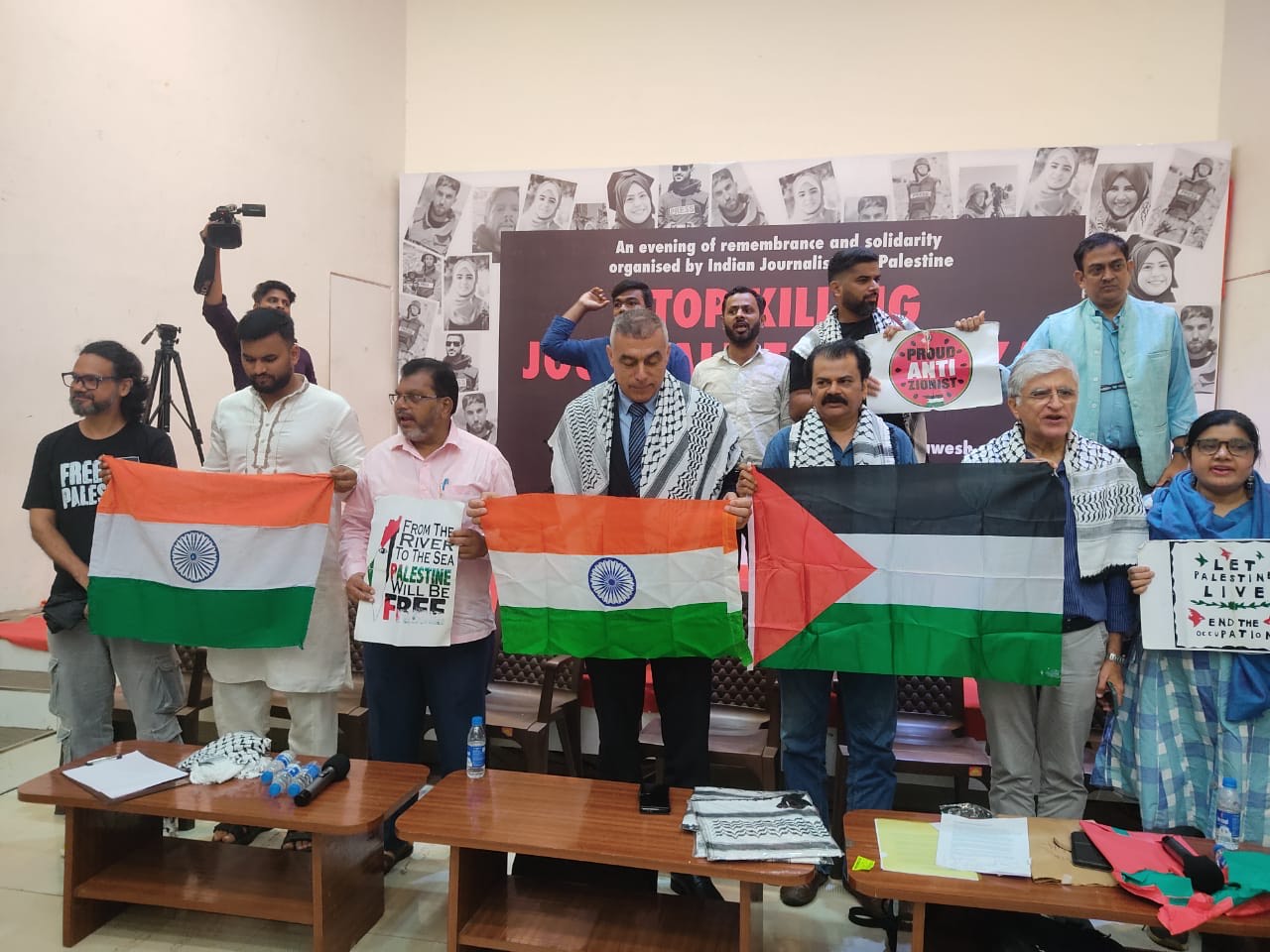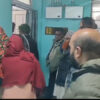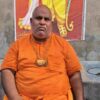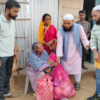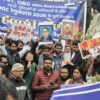Osama Rawal
Against the backdrop of one of the darkest chapters for global journalism, journalists, media workers, and activists gathered at the Mumbai Patrakar Sangh on Friday for a solidarity meet organized by Indian Journalists for Palestine. The platform, created by Indian journalists, mourned the “unprecedented killing” of media professionals in Gaza, condemned the targeting of press workers, and pledged solidarity with Palestinian reporters whom participants said were being silenced “as they were documenting he genocide.”
The programme began with two minutes of silence for slain journalists. Moderator Gurbir Singh, veteran writer and journalist, noted that though heavy rains and parallel protests in South Mumbai kept numbers modest, those present bore the responsibility to “remember the fallen” and uphold truth-telling in times of war.
“This is the first time in history that assassinations are announced beforehand,” Singh said. “Names are placed on a hit list, and journalists are killed after being publicly marked. Even the CIA carried out coups and assassinations, but never announced them in advance. Israel is doing something new.”

He cited the October 10 Hajji Tower strike, which killed both officers and reporters, and the bombing of a Mayadeen TV crew. “Double-tap strikes—used to target first responders—are now being deployed against journalists,” Singh said. “Pulitzer-winning reporters are branded as Hamas terrorists. He described killings as systematic .
The Nasser Hospital strike
Speakers recalled the August 25 ‘double-tap’ strike on Nasser Hospital in Khan Younis, which killed five Palestinian journalists: Hussam al-Masri (Reuters), Mariam Abu Dagga (AP/Independent Arabia), Mohammed Salama (Al Jazeera), Moaz Abu Taha (freelance), and Ahmed Abu Aziz (Middle East Eye/Quds Feed)
It drew worldwide condemnation, India MEA also condemned it saying “The killing of journalists is shocking and deeply regrettable. India has always condemned loss of civilian lives in conflict”
Prime Minister Benjamin Netanyahu later posted on X: “Israel deeply regrets the tragic mishap that occurred today at the Nasser Hospital in Gaza. Israel values the work of journalists, medical staff, and all civilians. The military authorities are conducting a thorough investigation.”
Media persons across the world have condemned this attack and called for accountability, many countries including France, Italy and UK have also condemned it.
“Gaza is our Stalingrad”
Firoz Mithiborwala, founder and National General Secretary of the India Palestine Solidarity Forum, underlined the historic role of Gaza’s reporters in shaping global narratives.
“These killings may have silenced individuals, but they have collapsed Israel’s story,” he said. He credited frontline reporters for enabling the Hind Rajab Foundation to document war crimes in real time. “Without journalists it would have been difficult to document the genocide.”
Mithiborwala argued that many post–October 7 Israeli deaths stemmed not from Palestinian resistance but from Israel’s own Hannibal Directive, a military policy allowing massive firepower to prevent captives being taken alive, even if it meant killing them.

He compared Gaza to Stalingrad, calling it the frontline of resistance against American imperialism. Quoting The New York Times and Egyptian warnings, he said Netanyahu ignored clear intelligence of an attack to justify a wider war. “October 7 was a breakout from a prison,” he said. “The Abraham Accords are shaken. The occupied have the right to resist; occupiers have no right to claim self-defense.”
“Shrinking press freedom“
Sarfaraz Arzu, Secretary Urdu Journalist Association, said India must take a more proactive role in opposing the genocide and trying to bring a ceasefire. “India must not remain silent,” he said, adding that silence makes a mockery of the country’s aspiration to be a “vishwaguru.”
Veteran journalist Sreenivasan Jain, former NDTV managing editor who flew in from Delhi for the meet, warned that attacks on Gaza’s press reflected a global pattern. “Journalists attacked anywhere are attacked everywhere. This is about shrinking press space in Gaza , so that truth couldn’t come out,” he said. Recalling his own reporting trips to Gaza, he spoke of young reporters writing their wills at night before filing stories under bombardment.“They are not only covering war; they are witnesses to their own tragedy. They have no distance from their story.” he remarked.

Jain recalled his experiences covering Gaza: sleepless nights under bombardment, reporters filing stories from rooftops turned into makeshift offices, “The bombing on the 25th had no warning at all. Western media has repeated Israeli talking points and tried to justify the killings of journalists , while these young reporters write their wills before they sleep.”
“Anguished, embarrassed, ashamed”
Gautam Navlakha, senior journalist, described himself as “anguished, embarrassed, and ashamed” at India’s support for Israel. “We are hand-in-glove with Israel and unable to stop our state from supporting genocide,” he lamented.
The Ambassador’s testimony
His Excellency, The Palestinian Ambassador to India, Abdullah Abu Shawesh addressed the gathering with searing clarity.
“Gazans cannot afford to be apolitical,” he said. “Our voice has been blocked in the international arena and described journalists in gaza as ‘your colleagues’ to the journalists present at the Patrakar Sangh and requested them to stand in solidarity with them,He ridiculed Israel’s claim that “only independent journalists” are permitted to report from Gaza: “More than 200 have been killed. They were not independent? This is a way to delegitimize what they are reporting.”
Tracing the roots of the conflict to British imperialism, he said, “Europe could not live with its Jews, so it imposed them on us.” He called the IDF “an army that kills children for fun,” and warned against framing the struggle as religious. “This is not Islam versus Judaism.

The ambassador, who lost family members in the war, said, “In Gaza we no longer ask whether you lost someone, but how many you lost.” He urged Indians to recognise their moral responsibility: “The ICC has issued warrants, but nothing will change without public pressure.”
“Remember the fallen”
The evening concluded with a candlelight vigil in memory of slain journalists, followed by slogans for Palestine. Participants eiterated that the killings were not isolated incidents but part of a strategy to erase chroniclers to war crimes.
“For us, this was more than mourning,” one participant said. “When journalists are killed, The world’s right to know is buried with them. Everything we know is because of their courage,without them, there would be only a media blackout. That is what we are resisting: a future where crimes are done but are not reported ”
According to a message circulated in the Gaza Resource Group for Journalists of the Jerusalem Press Club on WhatsApp, the IDF investigation into the August 25 strike at Nasser Hospital in Khan Yunis concluded that the intended target was a Hamas surveillance camera on the roof, used to track Israeli troop movements and direct attacks. The strike, however, caused 20 deaths, at least six to seven of whom were Hamas or PIJ operatives, including Jum’a Khaled Jum’a al-Najjar, a participant in the October 7 infiltration. This produced what the IDF described as a 2:1 civilian-to-combatant casualty ratio, unusually precise compared to Western military operations in dense urban warfare.
The same source relayed that the IDF disputed the designation of several of the dead as “journalists,” alleging they had Hamas ties: Mohammed Salama (Al Jazeera) was listed as a Hamas operative on Oct 7, Mariam Abu Daqqa (AP) taught journalism for Hamas’s information ministry, Ahmed Abu Aziz praised the October 7 massacre; and Muath Abu Taha (NBC) glorified a Hamas militant involved in killing an Israeli civilian. Following the incident, Chief of the General Staff LTG Eyal Zamir ordered a review of the authorization process and field decision-making behind the strike.
Speaking to The Observer Post, Guy Aviad, a an expert on military doctrine and the use of civilian infrastructure from Israel, argued that the entire Gaza Strip functions as a war zone, where covering conflict carries high risk, as seen in Ukraine and Syria. He said Hamas systematically embeds its infrastructure in hospitals and mosques, citing intelligence that Mohammed Sinwar’s headquarters was beneath the European Hospital and that Israeli hostages were once held at Nasser Hospital. He added that seized Hamas documents indicate links between certain individuals working as journalists and Hamas, with some allegedly receiving salaries from the group.
Finally, in its official communique, the IDF confirmed the strike’s target was the surveillance camera, reiterated its policy of directing fire only at military objectives, acknowledged civilian harm with regret, and instructed the inquiry to probe the munitions choice, timing, and authorization process in greater depth.
Rosenman Yeshaya, A Tel Aviv based journalist who has reported extensively since the October 7th attack, speaking to The Observer Post said, “Under the guise of doing journalism, they were trying to purport Hamas’s propaganda, the same as what Goebbels did during Nazi Germany. They are no better than him. Hence, they are legitimate targets. Most of these so-called journalists are not journalists at all, but commanders and soldiers of Hamas.”
The Gaza conflict has become the deadliest war for journalists since global records began. According to the Committee to Protect Journalists (CPJ), as of July 2025 at least 186 journalists and media workers have been killed, with 129 injured, 90 detained, and 2 reported missing. CPJ describes it as “the most dangerous conflict for the press since systematic monitoring began in 1992.”
These figures underscore that journalism in Gaza is not merely about documenting the front line but about risking one’s life to bear witness, with reporters often paying the ultimate price.






